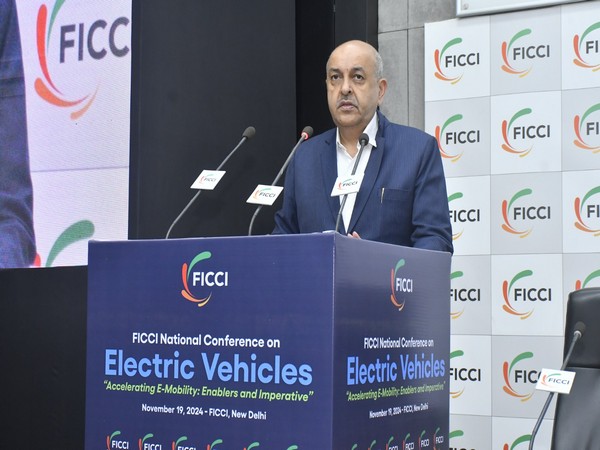Revamping Taxes and Infrastructure: India's Route to 100% E-Mobility
Tarun Kapoor, Advisor to India's PM, calls for tax reforms on batteries and services to boost e-mobility. Highlighting government goals, he stresses achieving at least 30% electric vehicle penetration by 2030, with specific targets for different vehicle categories and cities impacted by pollution. Infrastructure and subsidy frameworks are vital for this transition.

- Country:
- India
Tarun Kapoor, an Advisor to the Prime Minister's Office, emphasized the need to reassess the current tax structure on batteries during the FICCI Conference dedicated to electric vehicles. Kapoor pointed out issues with GST rates, especially for services like battery charging, which are treated as higher-taxed service items. These concerns have been raised with authorities, but the GST Council must make the final decisions.
He stressed that while the government doesn't directly decide on these matters, adjustments in GST could help maintain the viability of the electric vehicle industry. Additionally, Kapoor highlighted the ambition of reaching at least a 30% electric vehicle penetration by 2030, with a specific focus on transitioning two-wheelers and three-wheelers to fully electric in the near future.
Kapoor also spoke about localizing changes for light commercial vehicles in highly polluted cities by shifting away from diesel. He noted recent government efforts like restoring subsidies for electric three-wheelers to facilitate this transition. Battery swapping was underscored as a critical element for urban areas, promoting cost-effective and simple solutions.
(With inputs from agencies.)










